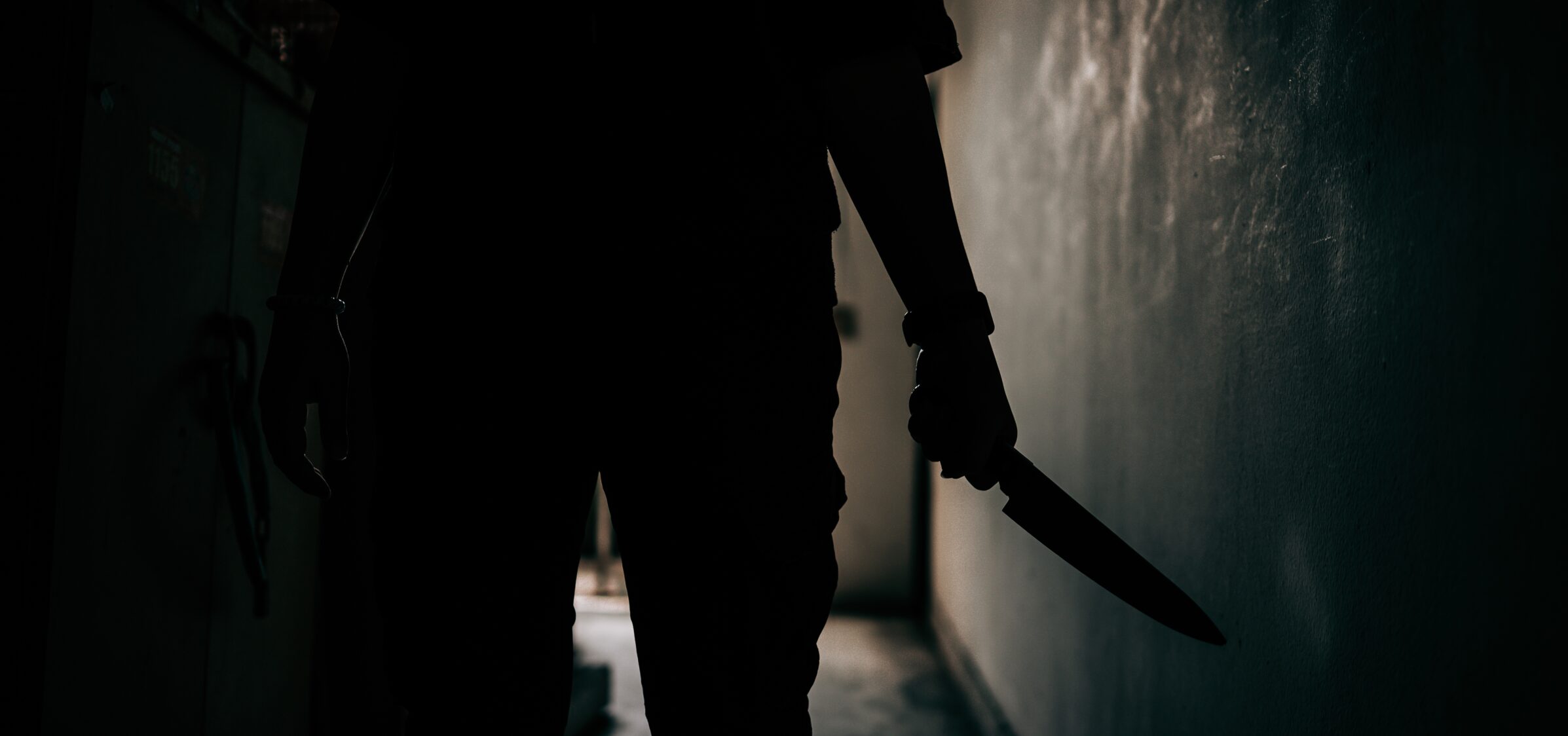Salman Rushdie lost sight in one eye after an unprovoked attack on stage, spotlighting the turbulent clash between free speech and violence.
At a Glance
- Hadi Matar sentenced to 25 years for stabbing Salman Rushdie.
- Attack left Rushdie blind in one eye, with lasting nerve damage.
- Matar denounced Rushdie as a “hypocrite” in court.
- Federal terrorism charges pending against Matar.
Violence Versus Free Speech
Hadi Matar, who launched a brutal attack on author Salman Rushdie, was sentenced to 25 years imprisonment by a Chautauqua County Court for his heinous crime. This act of violence, during Rushdie’s lecture at the Chautauqua Institution, starkly brings forward the chilling realities and risks associated with free speech today. Despite professing a belief in freedom of speech, Matar justified his actions, labeling Rushdie a “hypocrite” and attacking his rhetoric.
Matar’s assault has inflicted irreversible harm on Rushdie, including blindness in one eye and permanent nerve damage, underlining the extremities some might resort to in the face of controversial or provocative ideas. Matar was found guilty after failing to testify in his own defense, and Harsh video evidence depicted the brutal nature of the attack.
Jury Deliberation and Sentencing
The jury reached a “lock solid” verdict in merely two hours, leading to a sentencing that included 25 years for attempted murder and additional penalties for assault against Henry Reese, the event moderator, who was also injured. Despite the defense contending the incident as more of a chaotic outburst than a premeditated attempt, the overwhelming evidence and severity of the attack left little room for doubt.
“I hope that two-and-a-half years later, Mr. Rushdie can get some satisfaction from this, poor Mr. Reese can get some satisfaction from this and everybody else that was there at the institution that risked their lives to jump on stage.” – Schmidt.
This revelation points to broader implications for societal discourse and underscores the necessity of protecting free expression while condemning violence. Matar’s rejection of a plea deal and his attempts to justify his actions expose the entrenched ideologies that fuel such aggression.
Ongoing Legal Battles
This isn’t the end of Matar’s legal troubles. He faces federal terrorism charges, including attempts to aid Hezbollah, although he pleads not guilty. The international dimension, hinted by Rushdie’s longstanding conflicts, particularly with Iran’s Ayatollah Khomeini who issued a fatwa against him in 1989, further complicate matters.
“a very large quantity of blood pouring out onto my clothes.” – Salman Rushdie.
Matar may not openly link his motives to the fatwa, yet admits to harboring disdain for Rushdie, who he accuses of attacking Islam. These dynamics highlight the need for vigilant safeguarding of speech freedoms without forsaking safety and civility.
You may also like...

DIDDY TEXTS LEAKED – “Freak-Offs” Exposed
DIDDY TEXTS LEAKED – “Freak-Offs” Exposed
Private text messages revealed in court showcase explosive accusations against...

SOCIAL SECURITY CRISIS – 25% Cuts Coming?
SOCIAL SECURITY CRISIS – 25% Cuts Coming?
The future of Social Security is a ticking time bomb,...

Rushdie ATTACKER Sentenced – 25 Years for...
Rushdie ATTACKER Sentenced – 25 Years for...
Salman Rushdie lost sight in one eye after an unprovoked...

Biden AUDIO LEAKED – Memory Lapses EXPOSED!
Biden AUDIO LEAKED – Memory Lapses EXPOSED!
Leaked audio from President Biden's 2023 interview with Special Counsel...
